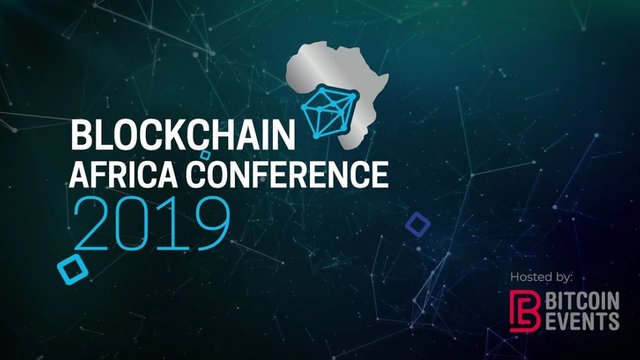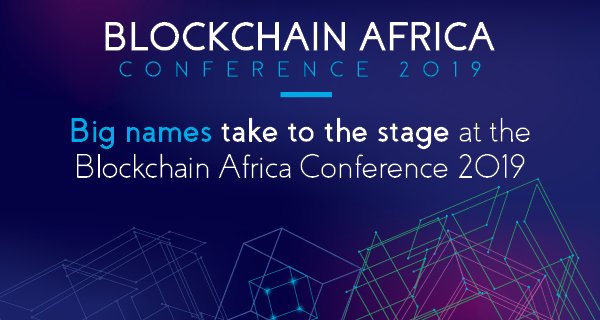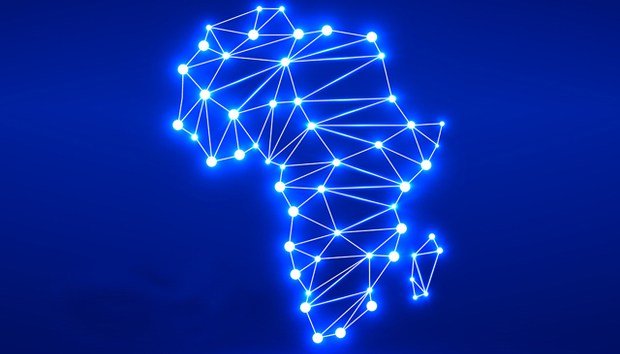

The SDGs and Agenda 2063 set out a vision of global and continental development that recognizes the critical role of technologies and innovation in tackling most of the challenges of sustainable development. ICT plays and continues to play a role in addressing these challenges. The Internet continues to spawn new technologies that change the way people interact with their environment in significant ways, in areas as diverse as social relations, the way business is done, and economies. One such agent of change is “blockchain”, a revolutionary technology1 that allows parties to transact directly with each other without the need for intermediaries as central trusted third parties. The Economist2 calls the blockchain technology “the trust machine”, because “it lets people who have no particular confidence in each other collaborate without having to go through a neutral central authority.”

Blockchain technology underpins “bitcoin”, the decentralized cryptocurrency. It is, however, much more than that: it can be thought of as a “chaincode” of information written in a single distributed register (or ledger) by participants. It can be inspected by participants, however, no one participant controls it. This register contains pages (or blocks) that are modified every ten minutes with new information.

Its origins underpin the technology for the cryptocurrency bitcoin, but blockchain technology does not stop there. It the opportunities of multiple use that this technology offers continue to expand. Its advantages include decentralization, security and transparency, high resistance to outages, auditable and efficient. Its use goes much further and extends to many sectors that range from financial, governance, education, health, industrial (including chemical processes and mineral processing), energy, environment, and IT. According to the firm Research and Markets 3 from the United States of America, the worldwide cryptocurrency and blockchain technology market will grow by 35.2 per cent during the forecast period 2016–, to touch an aggregate of $42.16 billion by 2022. Most of this growth, however, will take place in the United States, followed by Europe, the Asia-Pacific and India.
In Africa, despite the development of the mobile cellular with more than 1 billion SIM cards and 140 mobile money services in 39 countries, or over half of the 277 total services globally, as of December 20164, there are very few concrete cases of the use of or adoption of blockchain technology. Solutions are developed within the constraints of a poor understanding and knowledge of the technology, especially in sectors other than banking. In addition, central banks do not have regulation in place for innovation technologies of this kind. However, Bitcoin, nevertheless, is gaining ground in countries such as Ghana, Kenya, South Africa, Tunisia and Uganda, where it is
Hi! I am a robot. I just upvoted you! I found similar content that readers might be interested in:
https://www.uneca.org/sites/default/files/images/blockchain_technology_in_africa_draft_report_19-nov-2017-final_edited.pdf
Downvoting a post can decrease pending rewards and make it less visible. Common reasons:
Submit